

World Obesity Day is observed annually on March 4, where the World Health Organization (WHO) advocates for reducing the obesity crisis by encouraging people who suffer from obesity to take part in safe solutions to weight loss, lifestyle change, and weight maintenance.
According to WHO, worldwide obesity has nearly tripled since 1975. In Saudi Arabia, one in three adults suffer from obesity, and at least one in 10 have morbid obesity.
Obesity involves having an excess of body fat which can increase risk of diseases such as diabetes, some types of cancer, high blood pressure and heart problems
Obesity can have a number of causes which include hormones, genetics, metabolism, and behaviors. The main cause is consuming more calories than what you burn in your regular day-to-day activities. When this occurs, the body tends to store these additional calories as body fat. Being inactive, or leading a sedentary lifestyle while also overeating can lead to weight gain and eventually reaching a weight level classified as obesity.
There are many risk factors for obesity including age, lifestyle habits, pregnancy, quitting smoking, and stress.
To diagnose obesity medically, a physician will review your health history, and do a general physical exam, and check for any current health issues. The physicians will also check your waist circumference and also your Body Mass Index (BMI). The BMI a calculation that takes into account your weight and height, and if you have a BMI of 30 or higher, you are categorized as obese.
Decrease the number of calories you eat, Increase the number of calories you burn, and increase physical activity and exercise. The best and healthiest way to lose weight is to decrease the number of calories you eat and increase the number of calories you burn. Decrease the number of calories you eat, Increase the number of calories you burn, and increase physical activity and exercise. Your body does not gain weight when the amount of calories in the food you eat is equal to the amount of energy your body needs and uses.
If you eat more calories than your body needs, the extra calories are stored as body fat. Every 9 extra calories are stored as 1 gram of body fat.
If you eat a 900 calorie item of food when your body already has taken in the calories it needs for that day, those 900 calories are stored as 100 grams of fat. 100 grams of body fat is almost a quarter of a pound (0.113 kg).
Fruits and vegetables are high in vitamins and fiber and low in calories. A small apple has about 50 calories. You should eat as many fruits and vegetables as you want.
Ask your health care provider to help you find a goal weight. You should also ask your health care provider to help you find out how much energy your body needs and how many calories you need to cut to reach your goal weight.
Exercising more is also essential, as the goal of exercising for weight loss is to burn more calories. Exercise also helps you prevent disease, reduce stress and strengthen your muscles. The number of calories you burn depends on how often, how long and how intense your activities are
At Johns Hopkins Aramco Healthcare (JHAH), we are pleased to offer a number of effective measures that can help you reduce your body mass index (BMI), and live a more confident and fulfilling life.
Our bariatric surgical team offers two types of procedure to help reduce your weight – gastric bypass and vertical sleeve gastrectomy. Both procedures are performed under general anesthetic and use minimally invasive laparoscopic (keyhole) surgery.
Please note that while bariatric surgery is highly effective in helping to tackle obesity and reduce weight, it is not intended as a substitute for a balanced diet and physical exercise. Instead, it is a way of empowering you to adopt a healthier long-term lifestyle. To help you achieve this, our surgical procedures are complemented by expert guidance on managing your weight after surgery.
To receive surgery, you must be at least 18 years old, a registered patient at a JHAH facility and be able to live and move around independently.
Did you know that Saudi Aramco employees and their dependents, who are registered with a JHAH network provider (MDF), can request to have their bariatric surgery performed at JHAH?
Do you want to know more? You can request a call-back from our team by filling out this form and we will walk you through the process and eligibility criteria.

JHAH joins the World Alliance for Breastfeeding Action and the MOH in supporting World Breastfeeding Week

A good night’s sleep can help repair damaged heart and blood vessels. We have simple tips to help you sleep better
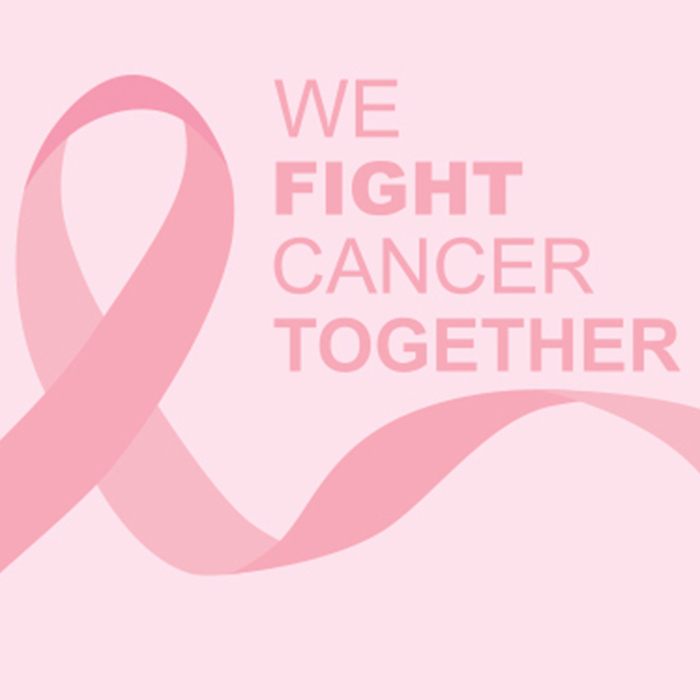
The good, and bad news about breast cancer – and how to fight it
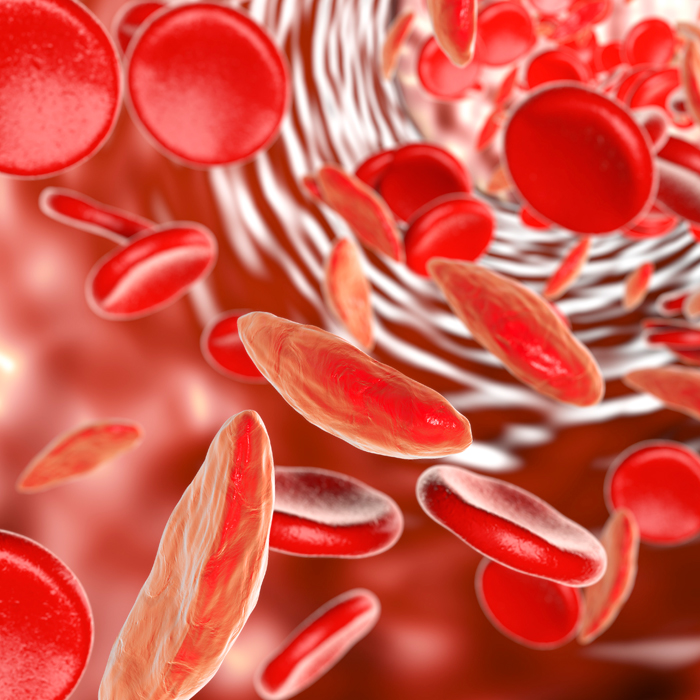
Find out how changes to how we manage the pain of sickle cell disease have led to a massive drop in emergency care and hospitalization

A few ideas for a good nutrition program that can help strengthen your immune system

There are many health and nutrition tips that can boost your immune system
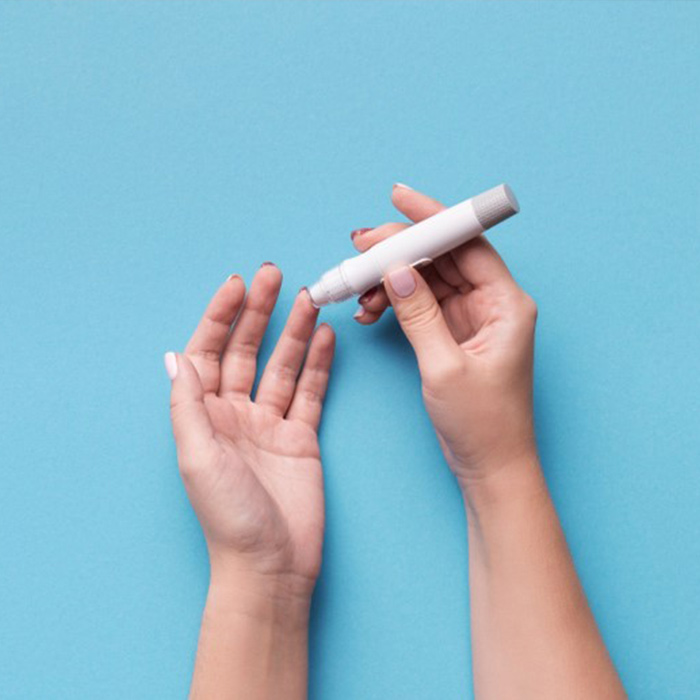
The Kingdom is the second in the Middle East and the seventh globally in the rate of Type 2 diabetes, find out how you can take control of your diabetes and lead a healthy life
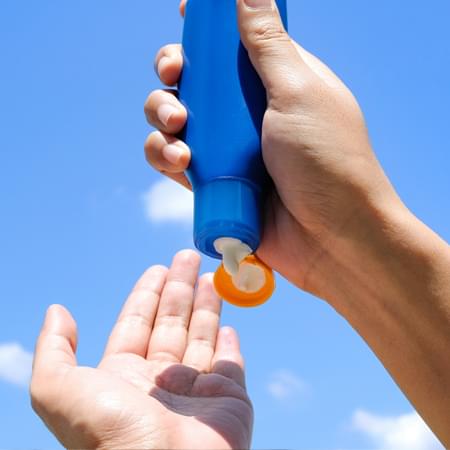
Health issues related to sun exposure and how you can protect yourself

Include fruits in your daily menu, in whichever way you like, and stay healthy
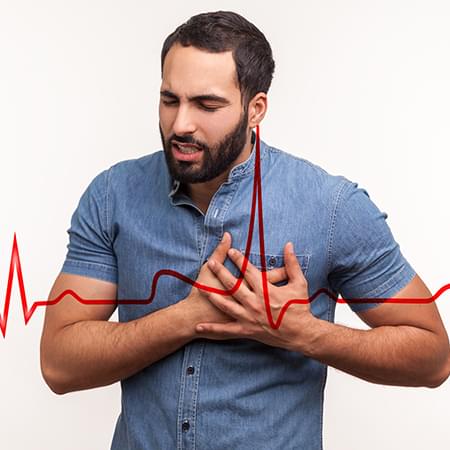
Heart attacks often occur when people are alone. Knowing what to do when heart attack symptoms come on can save your life
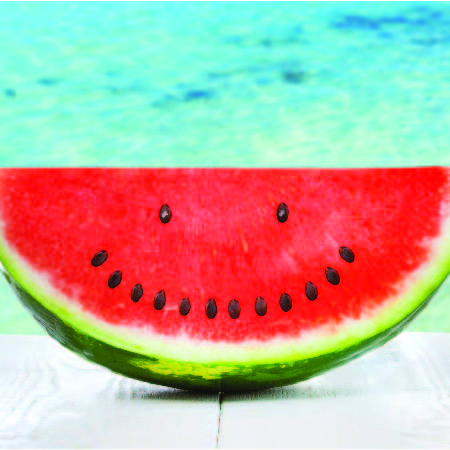
We tend to forget that the sun’s shine and brightness can be quite harmful during the summer. Tips to stay healthy and cool during summer
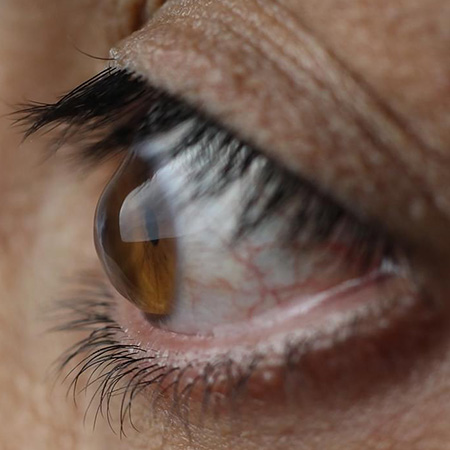
Keratoconus is an eye disease that affects the Cornea, the clear transparent part of the eye. This disease causes progressive thinning and protrusion of the cornea giving it a conical shape.

No matter what type of medicine your doctor prescribes, it's always important to be safe and follow medication safety measures
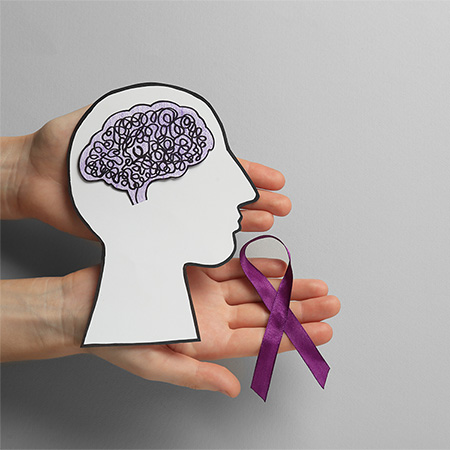
Learn about Alzheimer’s disease, it's symptoms, causes and risk factors, and what to do if you have Alzheimer's disease
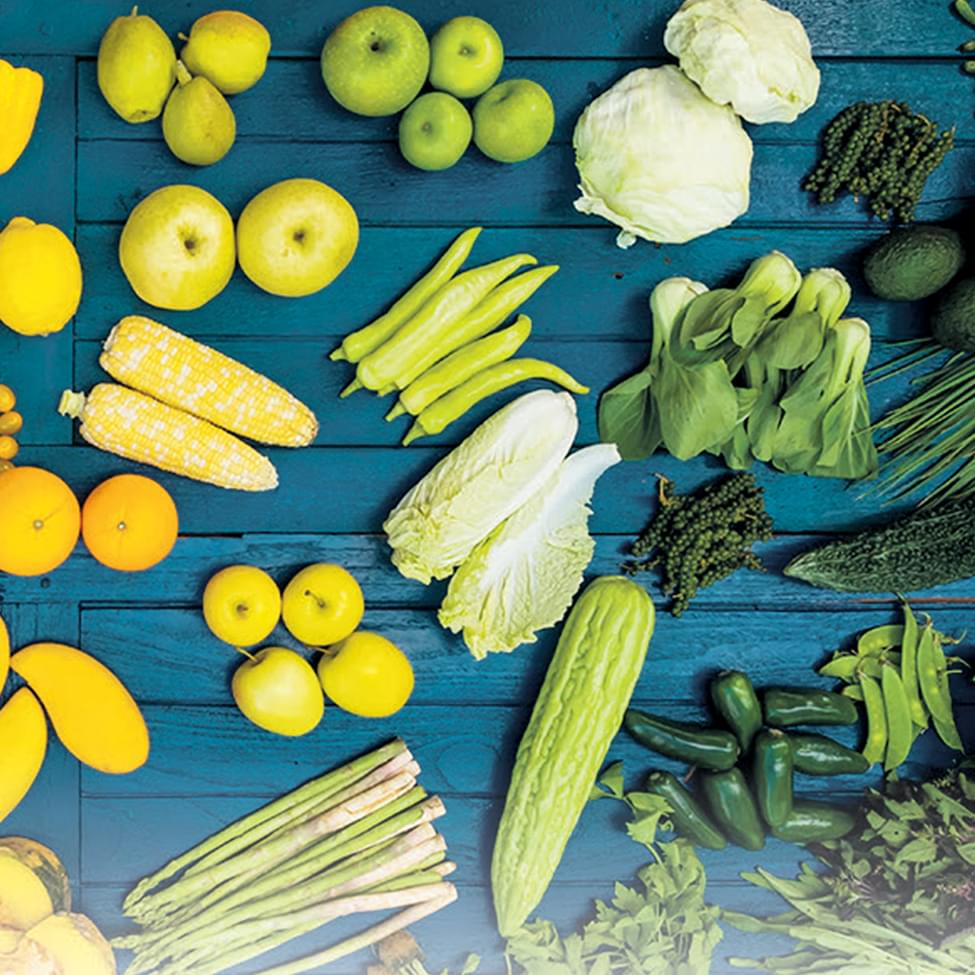
Proper nutrition and exercise play important roles in reducing the risk of breast cancer

Learn how to properly use antibiotics to avoid resistance and protect your health

Collecting your medication from the pharmacist is not just a medication transaction but an opportunity to enhance your understanding of the medication and better care for your health.

JHAH Tawazon Program works with pre-diabetic patients to help them modify their lifestyle to prevent or delay type 2 diabetes

Here are a few essential points to discuss with your pharmacist to better understand your medication to ensure your wellbeing.

Four simple and practical guidelines that will help you to keep safe from food-borne diseases in your kitchen

Read our expert advice on blood donation guidelines and how you can play a role in saving lives

Protect your medications against the heat of summer with a few simple tips

Start your day with nutritious foods to boost your energy and metabolism levels

JHAH Clinical Nutrition and Food Services Unit is here to help you make your sweets healthier, lighter and heart friendly
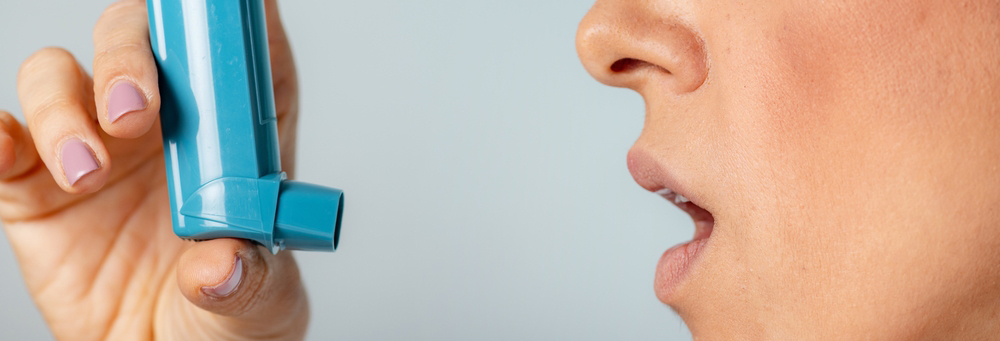
Important techniques to ensure effective delivery of medications to the lungs

Signs of dehydration indoors, symptoms to watch, and tips to stay hydrated even without thirst.

Three ENT surgeries significantly improve the breathing of a 21-year-old patient.
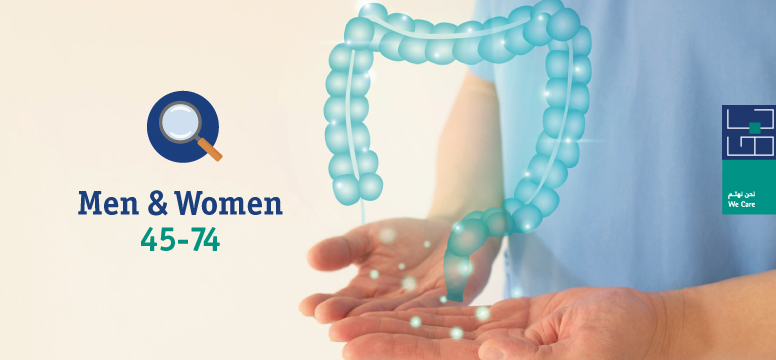
Colon cancer screening can detect the disease in its early and treatable stages
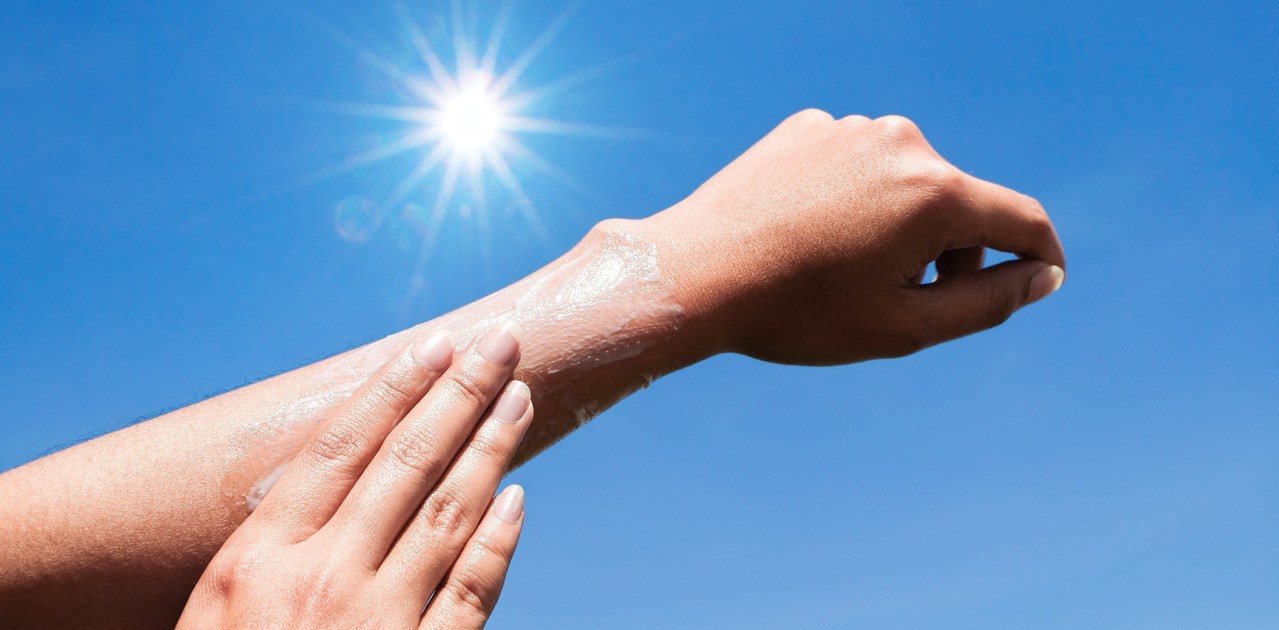
Scientifically backed tips to keep your skin in top condition.
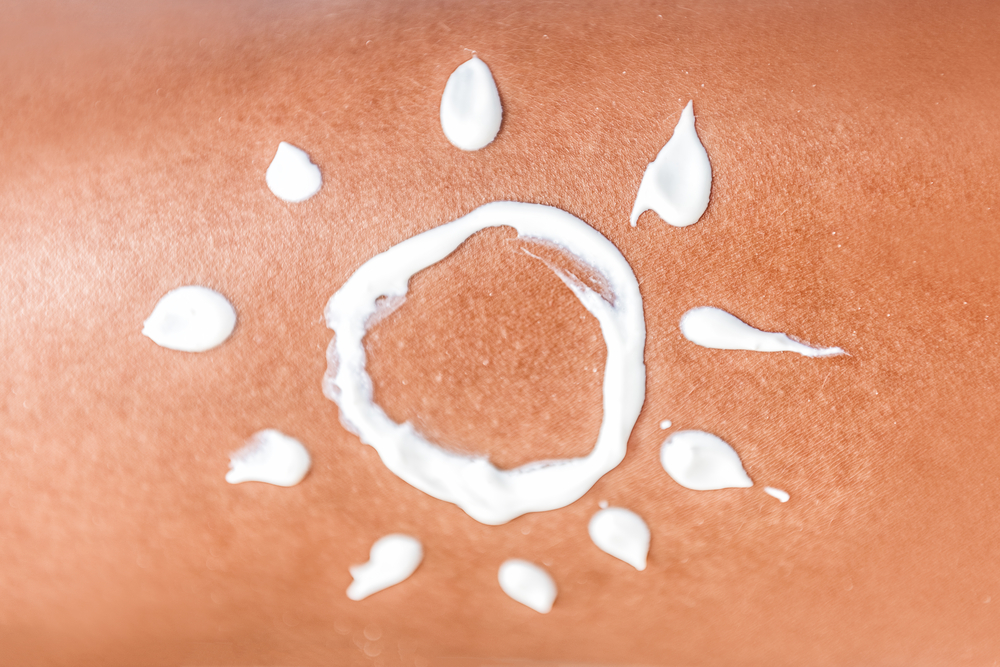
Enjoy being outdoors while keeping your skin healthy, protected and radiant

Discover key tips to prevent infections this flu season and effective home remedies to manage cold symptoms.
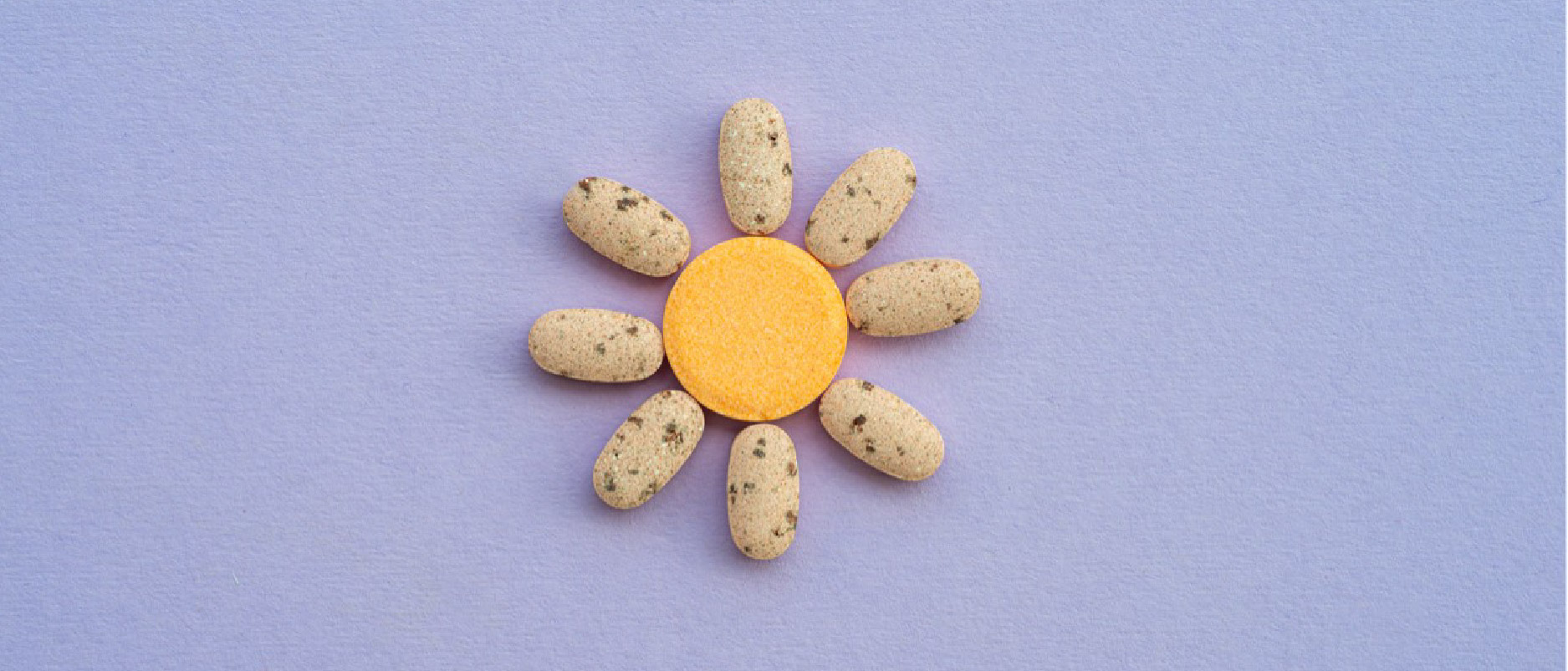
Explore the vital role of vitamin D in health and learn how to maintain adequate levels through diet and sunlight.

Explore essential insights on breast cancer, its risks, symptoms, and treatment options.

Join us for International Chronic Obstructive Pulmonary Disease Day as we raise awareness and clear misconceptions.

Explore the risks of falling and learn key effective prevention strategies.

Iron deficiency anemia, its causes, symptoms and effective dietary strategies.

Discover the importance of selecting the right pillow for alleviating neck and shoulder pain and enhancing sleep quality.

Discover essential practices for reducing infection risks. Stay informed and protect your health and the health of others

Relieve eye strain and improve focus with the 20-20-20 rule and other tips

Help children stay safe online by teaching privacy, secure settings, and cyberbullying awareness

Boost immunity and well-being this winter with healthy habits, exercise, hydration and sleep
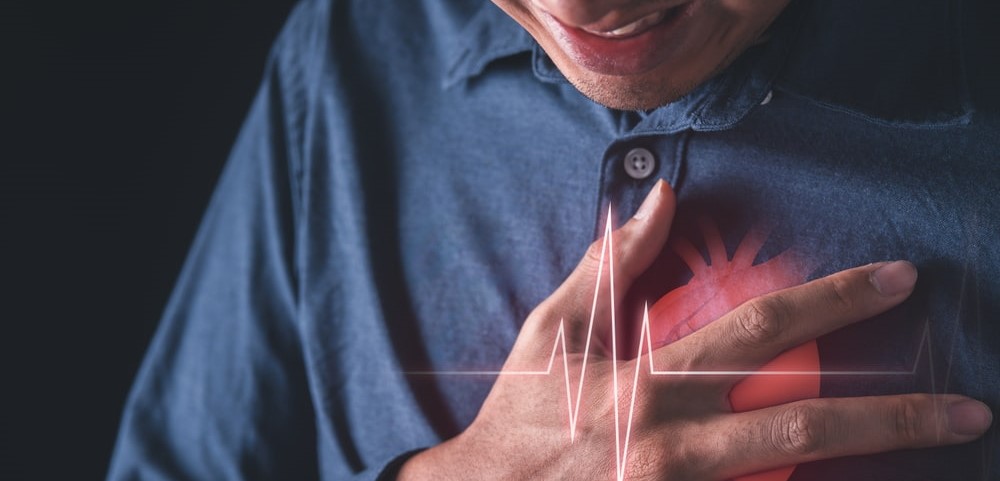
Raise awareness for heart disease prevention through healthy habits, diet, and stress management

Explore how children's exercise programs focus on neurological adaptation and muscle learning rather than muscle size alone
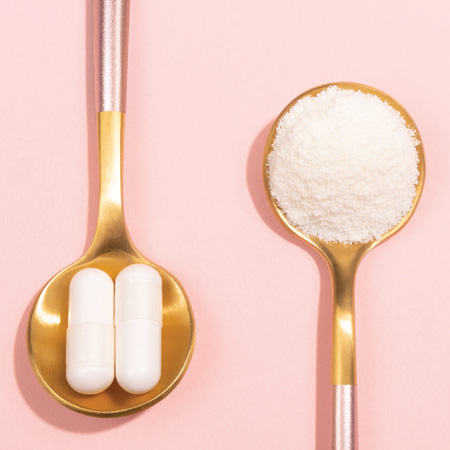
Learn about collagen, its role in your body, and how diet and lifestyle impact its production

Tips for coping with seasonal challenges to boost your mood and wellbeing
 Patient Relations
Patient Relations